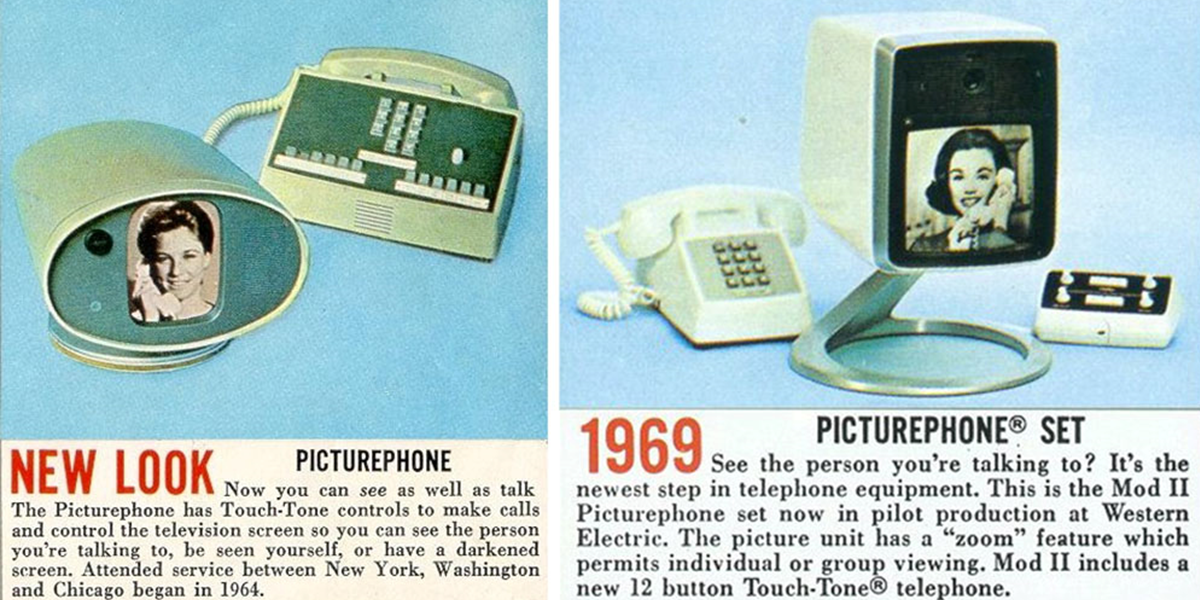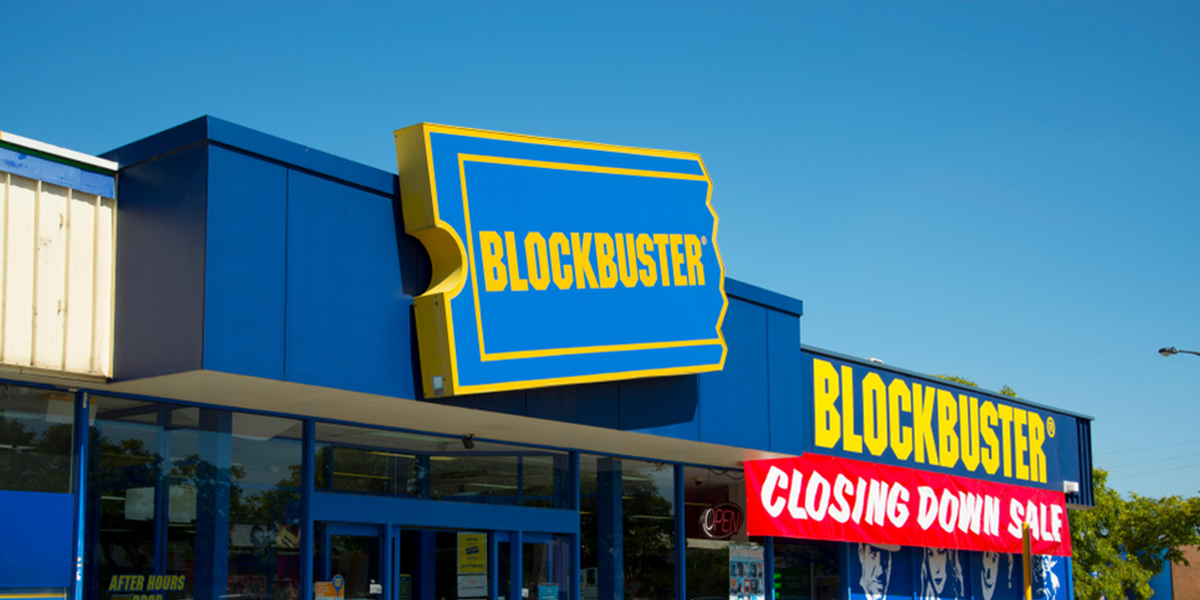Anyone who puts themselves out there and takes a chance on an idea can expect resistance, instability and sometimes complete collapse. It is hard, it is disheartening, but there are great lessons and opportunities to be taken out of the jaws of failure. Plus, you are far from alone: we challenge you to find a founder who hasn’t had their fair share of disaster and failure – go ahead, we’ll wait… In the meantime here are famous examples of businesses and entrepreneurs that recovered from the brink of disaster.
Apple and Steve Jobs
An example that is so frequently held up of how to do it right, you could be forgiven for forgetting that Apple and Jobs himself were once from a perfect pairing. The company he founded with Steve Wozniak turned on him when his unwavering belief in the Macintosh computer, which (much like its predecessor the Apple Lisa) was facing criticism and slower than expected sales.
Vera Wang
Vera Wang tried many different career paths before finding her calling. Wang’s first strike for the top was for the US Olympic figure skating team, where she failed to make the cut. With that dream frozen out (sorry), she went on to become an editor at Vogue magazine, with some success, though she was passed over for the coveted position of Editor-in-chief.
Realising she did not want to stall where she was, she began designing wedding dresses. Vera Wang is now one of the world’s most sought after designers, not just in bridal wear but in the entire fashion industry, and is estimated to be worth $420million.
The lesson?
Wang pursued each career avenue with a sky’s the limit attitude. When they didn’t work out she changed her thinking and went for something else she was passionate about. Don’t be afraid to go back to the drawing board. Wrap up Plan A and start on Plan B – as long as the passion is there to drive you, you will find something that sticks.
Virgin
Sir Richard Branson is known for advocating the lessons of failure, and no billionaire probably knows as much about bouncing back from failure as him.
The Virgin brand has branched out into so many industry areas, with some more successful than others. Remember Virginware lingerie, Virgin Brides? Yeah, us neither. And that’s without mentioning the demise of more established branches of the brand such as Virgin Megastores and Virgin Cola. Branson’s very first enterprise, Student Magazine also ended in failure. Yet when asked about his biggest mistakes, Branson refers to them as his most valuable failures.












